If you’ve ever wondered if optimizing your diet by going plant-based late in life is “worth it,” wonder no more.
A new study published in PLOS Medicine paints a bright picture for anyone cleaning up their diet at almost any age. We can add years to our lifespan even if we are already in our senior years. It’s pretty much never too late.
The “Estimating impact of food choices on life expectancy: A modeling study” used meta-analyses and data from the Global Burden of Disease study (2019) to create a table that estimates how life expectancy changes with sustained changes in diet.
They compared the typical Western diet to an “Optimal” diet, as well as a “Feasible” diet that was half-way between a Western diet and the optimal diet. They looked at consumption of fruit, vegetables, whole grains, refined grains, nuts, legumes, fish, eggs, milk and dairy, red meat, processed meat, and sugar-sweetened beverages.
How Many Years Does a Healthy Diet Add?
For instance, as a 51-year-old woman, I can expect to live about 84 years eating the typical Western diet that is low in fiber from vegetables, fruit and whole grains, and higher in sugar-sweetened beverages, dairy and red and processed meat.
But if I optimize my diet, eating more fruits, vegetables and whole grains and legumes, and minimal animal products (there was still some meat, eggs and oils in the diet, but no red or processed meat known to cause cancer, and no sugar sweetened beverages,) I can expect to live an extra 9 years!
What’s really amazing is that a 70-year-old woman optimizing her diet could live an extra 6.1 years. And a man at 70 might live an extra 6.5 years. No doubt those years would be much healthier and enjoyable with fewer health problems.
But what if I only went half-way to an optimized diet?
According to the table in this study, I could expect to live an extra 5.2 years. So even if a person isn’t ready to commit to a 90-100% whole food, plant-based diet, any movement toward that goal is worth doing.
Which foods had the most impact on longevity?
The largest life expectancy gains came from eating more legumes, whole grains and nuts, and less red meat and processed meat.
Legumes
Legumes include beans, lentils, chickpeas, soybeans and peas. Legumes help balance blood sugar, even after meals eaten later in the day that don’t include beans. These protein-packed plant foods provide resistant starch that feed friendly gut bacteria in the colon. Legumes help you feel full longer, help lower LDL cholesterol and triglycerides, and reduce blood pressure.
Whole Grains
Whole grains include whole wheat, whole corn, oats, brown rice and quinoa (a pseudo-grain.) This food group is also high in fiber, contributing to satiety, and is linked with reduced risk of heart disease and strokes, type 2 diabetes, some cancers and other health conditions.
Nuts
Nuts are good sources of vitamin E, magnesium and selenium. Nuts are loaded with free radical-fighting antioxidants called polyphenols that protect your cells and LDL cholesterol from oxidation. This food group is high in calories and healthy fats, so it’s good to limit intake to 2 ounces a day. I like to use nuts in my salad dressings and sauces.
No Processed or Red Meat
Processed meat and smoked and cured meats like sausages, hot dogs, bacon, barbeque, ham and some deli meats are proven to cause cancer. After reviewing over 800 studies, the World Health Organization’s International Agency for Research on Cancer (IARC) labeled processed meat a Group 1 carcinogen (known to cause cancer,) and red meat as a Group 2A carcinogen (probably causes cancer.) The increased risk of bowel cancers from processed meat is like that of lung cancer caused by second-hand smoke. (I don’t know any non-smoker that would be comfortable breathing secondhand smoke every day!)
If you want to greatly reduce your risk of cancer, considering eliminating or at least seriously limiting this food group. As a former thick-cut peppered bacon lover, I understand the draw. But I also understand that I never want to have an oncologist if I can help it.
Sustaining the Optimized Plant-Forward Diet
What we eat and drink – day in and day out – is what has the most impact on our health. So, the life expectancy gains were due to sustained improvement in diet.
Considering the mountain of research available now on diet and health, I strive to drink a fresh juice most days, and eat a satisfying and varied whole food, plant-based diet. It’s also why I offer programs and coaching to support individuals ready to optimize their diets and live a long healthy life.
If you are motivated to optimize your diet for longevity, what is ONE change or food swap you can make TODAY to improve your health? It’ll be worth it in the long run!

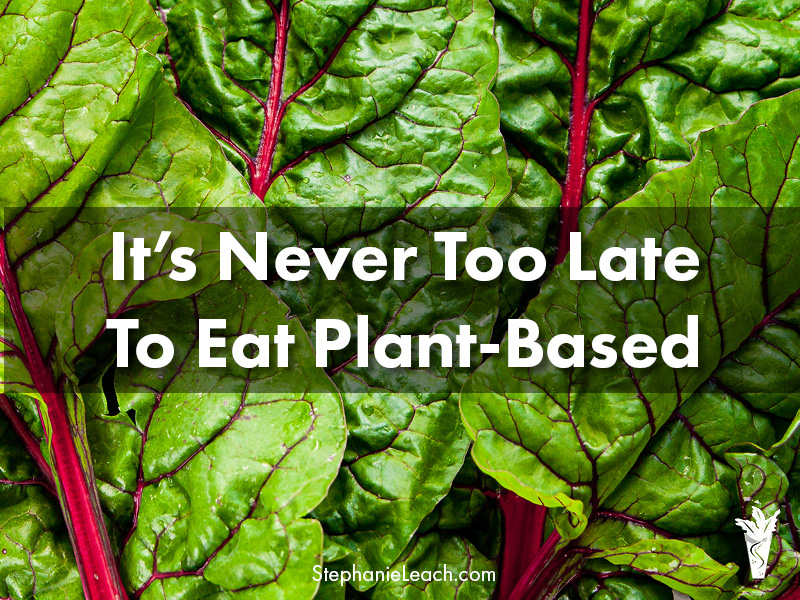

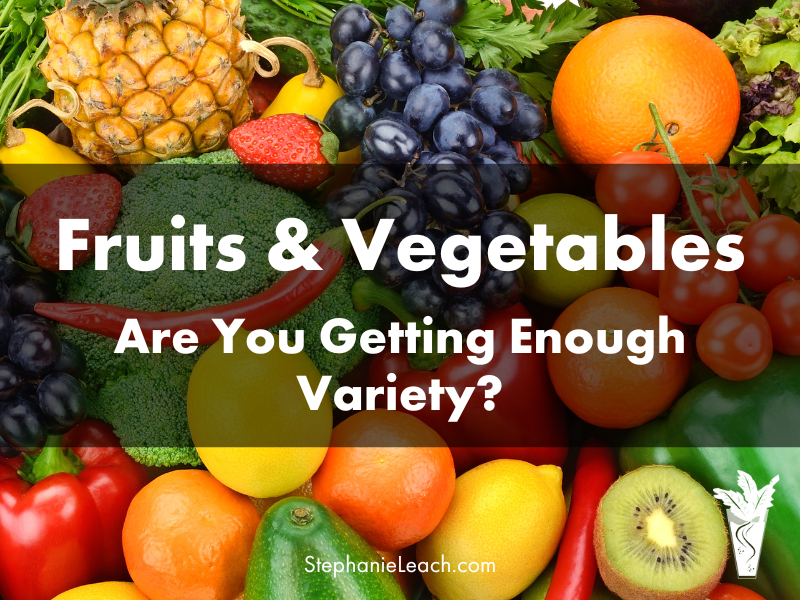
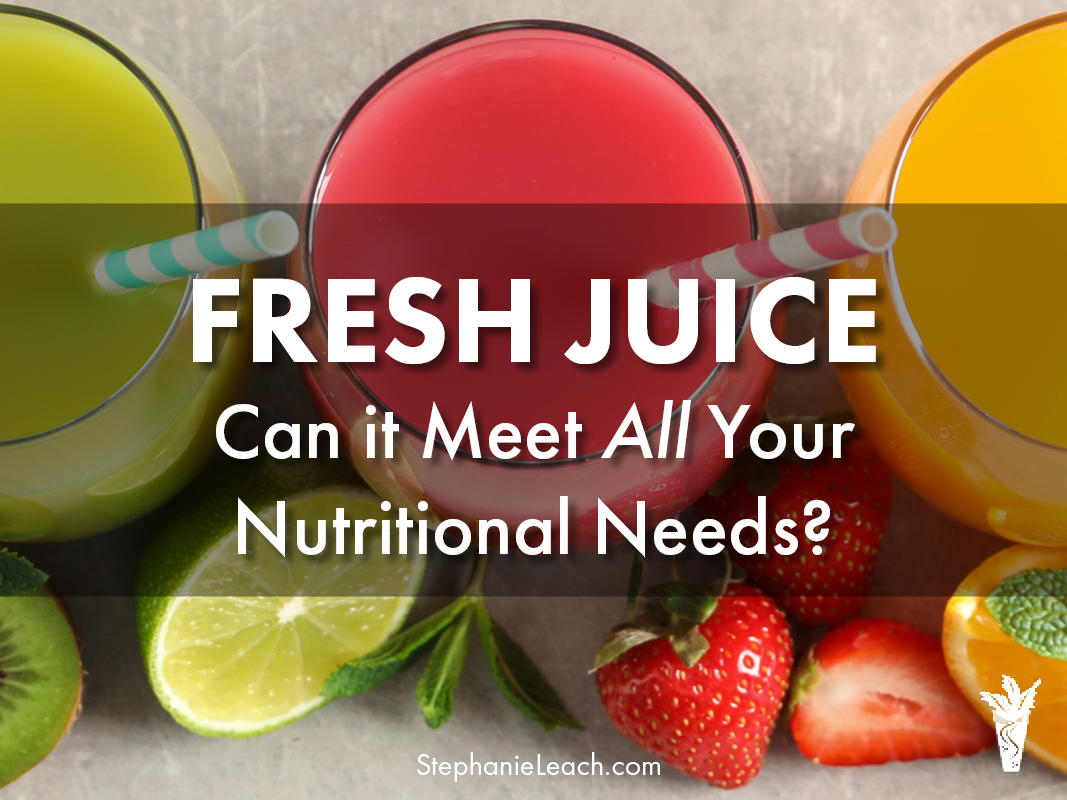

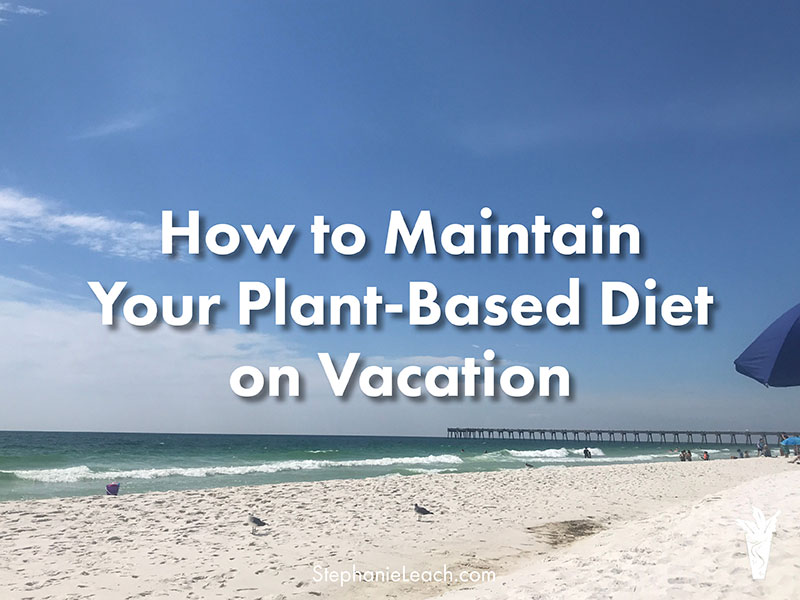
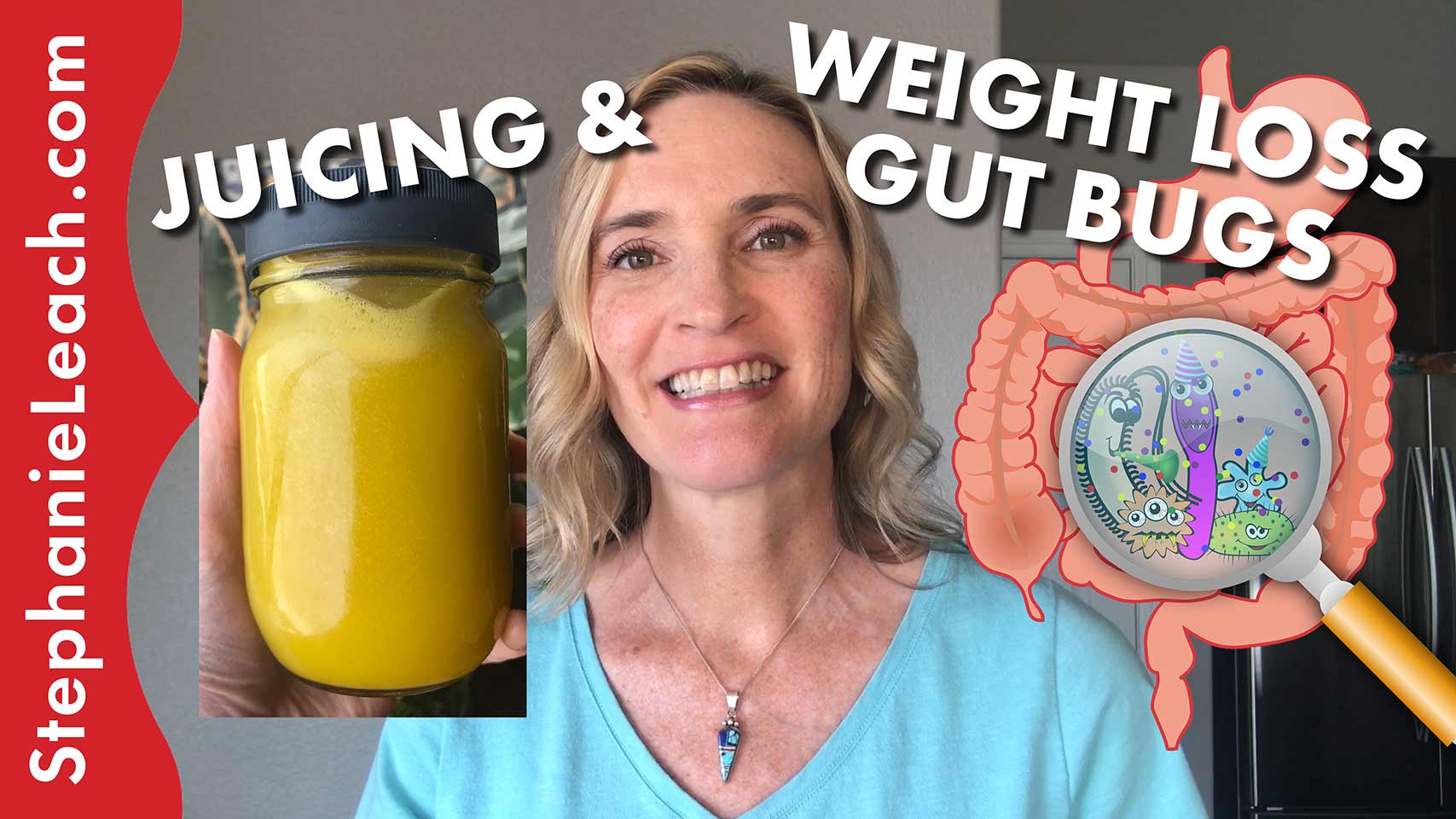
Leave A Comment